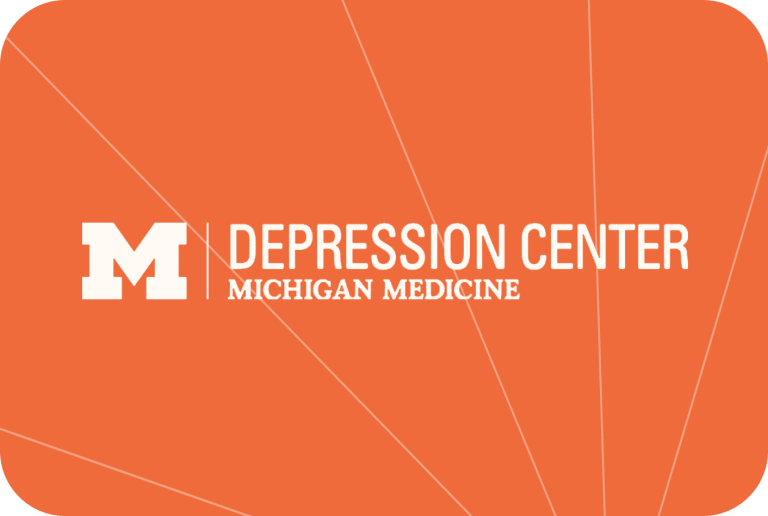Read the article in University Business.
YOU at College’s VP and Director of Clinical Programs, Nathaan Demers, PsyD, speaks to the importance of decreasing stigma and increasing help-seeking behaviors for students in the upcoming fall semester — especially those from historically marginalized groups – in light of COVID-19.
“Today’s generation of college students have faced more social, political and economic challenges than many adults experience in a lifetime. They’ve been raised in an era of partisan turmoil, threats of terrorism and increasingly common school violence. Now they’re negotiating a worldwide pandemic and the second severe recession of their lifetime.
Contrary to the “snowflake” label they often receive, today’s students are remarkably resilient. They are open to recognizing and talking about their fears and anxieties, and subsequently seeking support. They are also leading the charge in changing the conversation about mental health. In fact, 60 percent of college-age adults say that seeing a mental health professional is a sign of strength, according to a 2016 study from the Anxiety and Depression Association of America.
But even the most resilient student may feel overwhelmed by the barrage of today’s challenges. According to a 2017 Healthy Minds study, 74 percent of students reported that mental health concerns negatively impacted their academic performance in the four weeks prior to being surveyed. There’s every reason to believe this will be true today, in light of distance learning where students lack access to traditional support networks, creating an increased risk to attrition. To help, schools should be aware of (and respond to) the following emotional and well-being pain points that students will be managing through the summer and into the fall 2020 semester.”
Click the link to read further.




